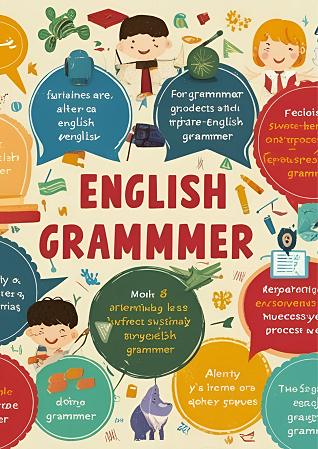If you’re learning English or helping someone who is, understanding what is a noun? is one of the most important grammar basics to master. Nouns are the backbone of most sentences and help us communicate clearly and effectively. In this guide, we’ll explain what a noun is, describe the different types of nouns, and give you clear examples to help you remember them.
Table of Contents

What is a Noun?
A noun is a word that names a person, place, thing, or idea. It can be something you can touch, see, or think about. Learning what is a noun will help you build strong, correct sentences and improve your grammar skills.
Here’s the basic idea:
- Person – girl, teacher, doctor
- Place – house, park, India
- Thing – pen, phone, tree
- Idea – love, courage, truth
Now let’s break it down and explore the types of nouns with five examples for each.
1. Common Nouns
Definition: A common noun is a general name for any person, place, or thing. It is not capitalized unless it starts a sentence.
Examples:
- boy
- city
- car
- animal
- book
These nouns can refer to any general object or individual without being specific.
2. Proper Nouns
Definition: A proper noun names a specific person, place, or thing. It always starts with a capital letter.
Examples:
- David
- London
- Amazon
- Monday
- Taj Mahal
Proper nouns help identify one unique item or individual among others.
3. Abstract Nouns
Definition: An abstract noun refers to ideas, feelings, or qualities that you cannot see or touch.
Examples:
- love
- honesty
- freedom
- intelligence
- friendship
Abstract nouns express things we experience emotionally or mentally.
4. Concrete Nouns
Definition: A concrete noun is something you can see, hear, smell, touch, or taste.
Examples:
- apple
- cat
- chair
- music
- perfume
These nouns represent things that exist physically and can be sensed.
5. Collective Nouns
Definition: A collective noun refers to a group of people, animals, or things considered as one unit.
Examples:
- team
- family
- flock
- bunch
- committee
Collective nouns are useful when talking about a group acting together.
Why Should You Know What is a Noun?
Knowing what is a noun is essential because nouns form the subject or object in most English sentences. Without nouns, we wouldn’t be able to communicate about people, places, or things. Mastering nouns also helps with:
- Building longer and better sentences
- Expanding your vocabulary
- Understanding more complex grammar topics later
Quick Tips to Learn Nouns
- Look around you: Everything you see is likely a noun.
- Practice with real-life examples: Make sentences using different types of nouns.
- Use worksheets or grammar apps: Many free tools are available online.
- Read books or short stories: Highlight the nouns as you go.
- Talk to yourself in English: Describe your surroundings using nouns.
Final Thoughts
Now that you know what is a noun, you can start identifying them in everyday sentences. From common to abstract to collective nouns, each type plays a key role in communication. Remember, nouns are all around you—everything you can name is likely a noun. Keep practicing, and soon, spotting and using nouns will become second nature.
Please checkout our blog for essay or speech on Women-Empowerment
